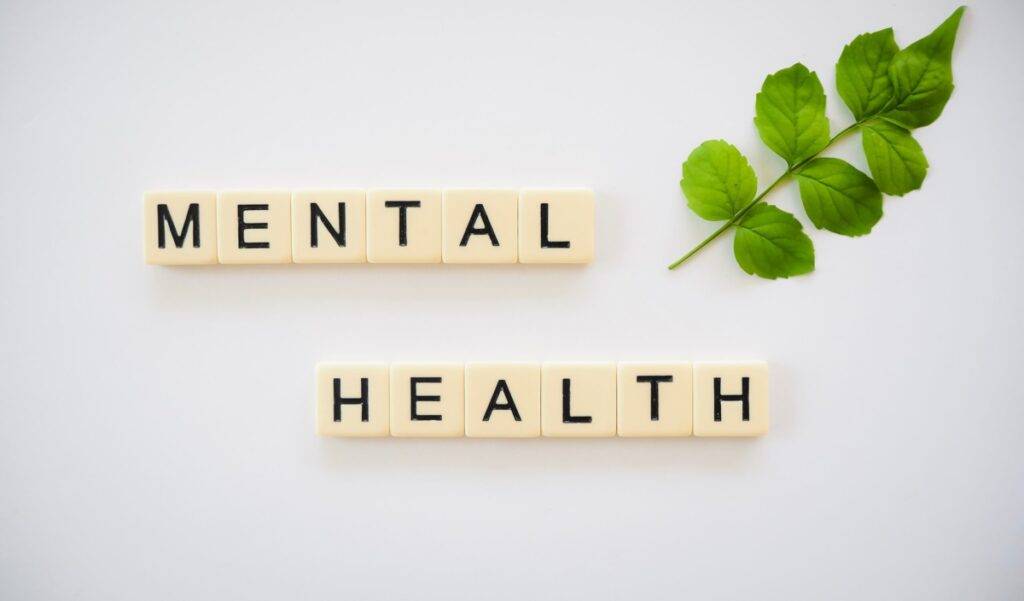Perinatal mental health conditions are a group of disorders that can affect women during pregnancy and up to one year after childbirth. These conditions can have a significant impact on the mental health of new mothers and their children. In this article, we will discuss the causes, symptoms, treatment, and support options available for all of these conditions.

Table of Contents
Causes of Perinatal Mental Health Conditions
Hormonal changes, a history of mental health disorders, demanding life events, and a dearth of support are a few of the causes of these conditions. Women who experience hormonal changes during pregnancy and childbirth may experience mood shifts that increase their risk of perinatal mental health problems. These conditions are also more likely to affect women who have a history of mental health problems or those who go through stressful life events during pregnancy or right after giving birth.
Symptoms of Perinatal Mental Health Conditions
The most common disorders include perinatal depression, perinatal anxiety, post-traumatic stress disorder (PTSD), and postpartum psychosis. Symptoms can include feelings of sadness, hopelessness, and loss of interest in daily activities. Perinatal anxiety and anxiety-related disorders are also common, with symptoms including excessive worry, panic attacks, and obsessive-compulsive behaviors. Postpartum psychosis is a rare but severe form of the disorder that can cause hallucinations, delusions, and confusion. This condition requires urgent medical attention and hospitalization.
Diagnosing Perinatal Mental Health Conditions
To diagnose these conditions, healthcare providers may use screening tools, such as the Edinburgh Postnatal Depression Scale (EPDS), to assess symptoms and determine the appropriate treatment options. Women who are experiencing symptoms of perinatal mental health disorders should talk to their healthcare provider or mental health professional for evaluation and diagnosis.
Treatment Options for Perinatal Mental Health Conditions
Treatment for these conditions can vary depending on the severity of symptoms and individual needs. Options may include counseling, medication, and peer support, groups. It is important to seek help as soon as possible, as early intervention can improve outcomes for both the mother and child. Cognitive-behavioral therapy (CBT) and interpersonal therapy (IPT) are effective forms of counseling that can help women learn coping skills, improve communication, and manage emotions.
Perinatal mental health certification programs, such as the certification in perinatal mental health offered by Postpartum Support International and the Society for Perinatal Mental Health, can provide specialized training for healthcare providers and mental health professionals to better understand and treat these conditions. These certification programs cover topics such as screening and assessment, medication management, and therapy techniques.
The Role of Perinatal Mental Health Specialists
Perinatal mental health specialists play a crucial role in the diagnosis and treatment of these conditions. These healthcare providers have specialized training in identifying and treating these conditions, and they can work with women and families to develop a treatment plan that meets their specific needs. These specialists can also provide support and resources to help women cope with the challenges of motherhood, such as sleep deprivation, breastfeeding, and adjustment to new routines.
Perinatal Mental Health Toolkits
Perinatal mental health projects and toolkits provide valuable resources for women and families affected by these conditions. These resources can provide information on symptoms, treatment options, and support services in the local community. They can also help raise awareness about these issues and reduce stigma. The Postpartum Support International website offers a range of resources, including a directory of local support groups, a helpline, and an online community forum for women and families to connect and share experiences. The Perinatal Mental Health Toolkit, developed by Postpartum Support International, is a comprehensive resource for healthcare providers, mental health professionals, and families. The toolkit provides guidance on screening and assessment, treatment options, and support services.
Postpartum Support International
Postpartum Support International (PSI) is a non-profit organization that provides information, support, and resources for women and families affected by these conditions. The organization offers a range of services, including support groups, online resources, and a helpline for mothers in crisis. The PSI website also offers a directory of local support groups and providers trained in perinatal mental health. Additionally, PSI offers certification in perinatal mental health for healthcare providers and mental health professionals. The certification program provides a comprehensive understanding of these disorders and their management.
The Importance of Support
Perinatal mental health conditions can be overwhelming and isolating for women and families. Having a support system can make a significant difference in managing symptoms and improving outcomes. Support can come in many forms, including peer support groups, online communities, and individual counseling. Support can also include practical help with household chores, meal preparation, and child care. Women and families affected by perinatal mental health conditions should not hesitate to reach out for help and support.
Reducing Stigma
These conditions are common, affecting approximately 1 in 5 women. Despite their prevalence, these conditions are often stigmatized and misunderstood. It is essential to raise awareness about these issues to reduce stigma and increase access to treatment and support. Healthcare providers, mental health professionals, and community organizations can play a crucial role in educating the public and providing resources for women and families affected by perinatal mental health issues.
Conclusion
These conditions can have long-lasting effects on the mental health of mothers and their children if left untreated. Recognizing the signs and symptoms and seeking help are crucial for effective treatment. Treatment options, including counseling, medication, and peer support groups, are available, and early intervention can improve outcomes. Healthcare providers and mental health professionals can benefit from specialized training. Support resources, including perinatal mental health projects, toolkits, and organizations such as Postpartum Support International, can also provide valuable information and assistance to women and families affected by these issues. With the right knowledge, intervention, and support, we can improve outcomes for mothers and families affected by these conditions and reduce the stigma around these conditions.
FREQUENTLY ASKED QUESTIONS Q&A
What is perinatal mental health?
Women’s mental health during pregnancy and for the first year following delivery is referred to as perinatal mental health. It encompasses a variety of mental health issues, including postpartum psychosis, prenatal anxiety, perinatal depression, and post-traumatic stress disorder (PTSD). The emotional health of expectant mothers and their children may be significantly impacted by these conditions. Effective treatment depends on identifying the symptoms and getting assistance.
What is the most common perinatal mental illness?
Perinatal depression is the most prevalent perinatal mental disorder, affecting up to 1 in 7 pregnant women and lasting up to a year after childbirth. Moodiness, hopelessness, and a loss of interest in routine tasks are examples of symptoms. Recognizing the warning indications and symptoms is crucial for prompt assistance and successful treatment.
What are common perinatal mental disorders?
Post-traumatic stress disorder (PTSD), perinatal depression, perinatal anxiety, and postpartum psychosis are common perinatal mental illnesses. The emotional health of new mothers and their children may be significantly impacted by these conditions, which can affect women during pregnancy and for up to a year following childbirth. Recognizing the warning indications and symptoms is essential to getting the right treatment.
What is the difference between maternal and perinatal mental health?
While perinatal mental health specifically refers to the mental health of women during pregnancy and up to one year after childbirth, maternal mental health refers to the mental health of mothers at any time in their lives. PTSD, postpartum psychosis, perinatal depression, and anxiety are just a few of the mental health conditions that fall under the umbrella of perinatal mental health and can have a significant negative effect on both the mental health of new mothers and their offspring. Recognizing these conditions’ telltale signs and symptoms is crucial if you want to receive effective therapy.




Pingback: 5 Essential Elements of Holistic Development for Personal Growth -
Wonderful beat! I wish to apprentice while you amend your web site, how could I subscribe for a blog web site? The account aided me a good deal. I had been a little bit acquainted with this your broadcast provided bright clear idea.